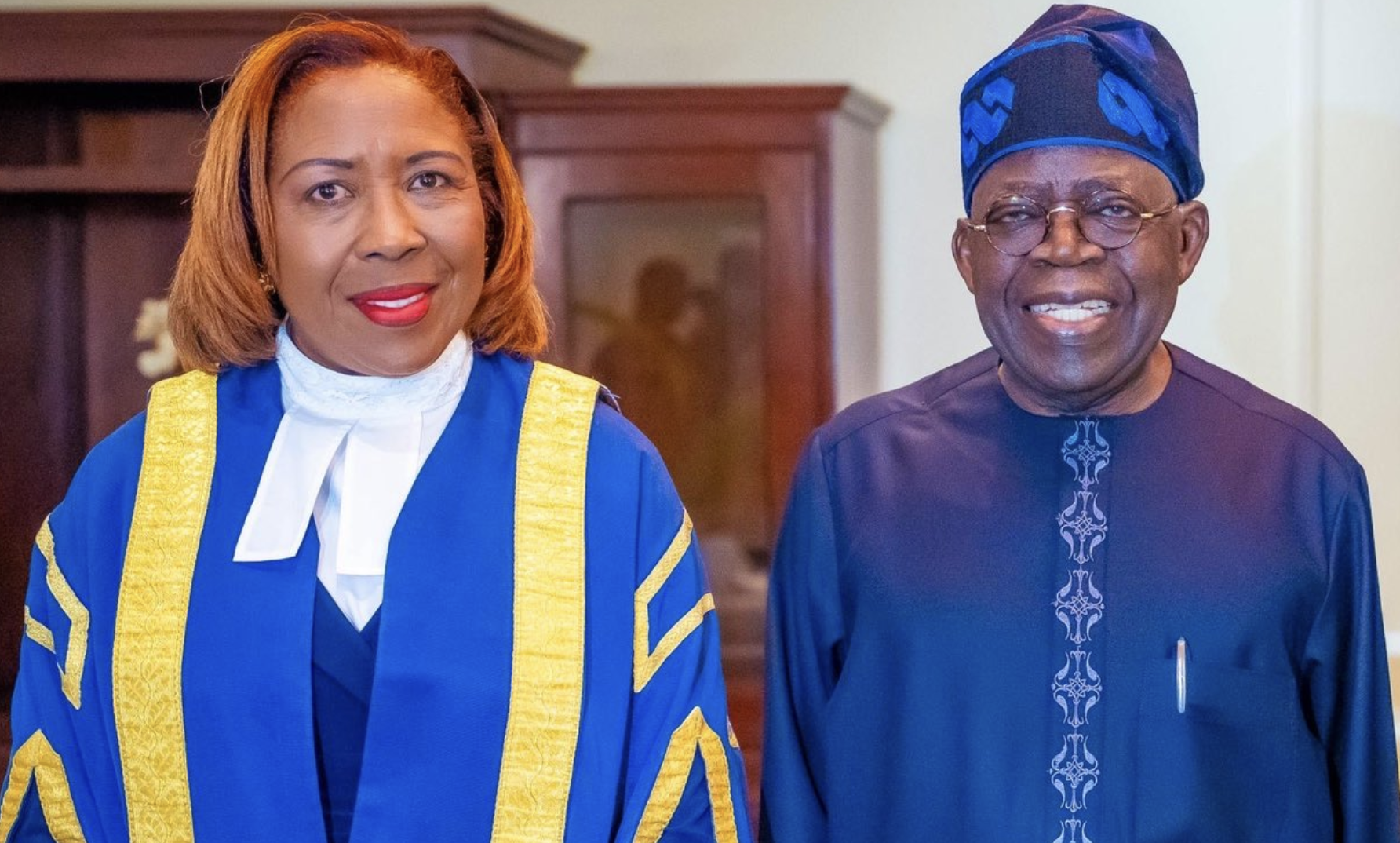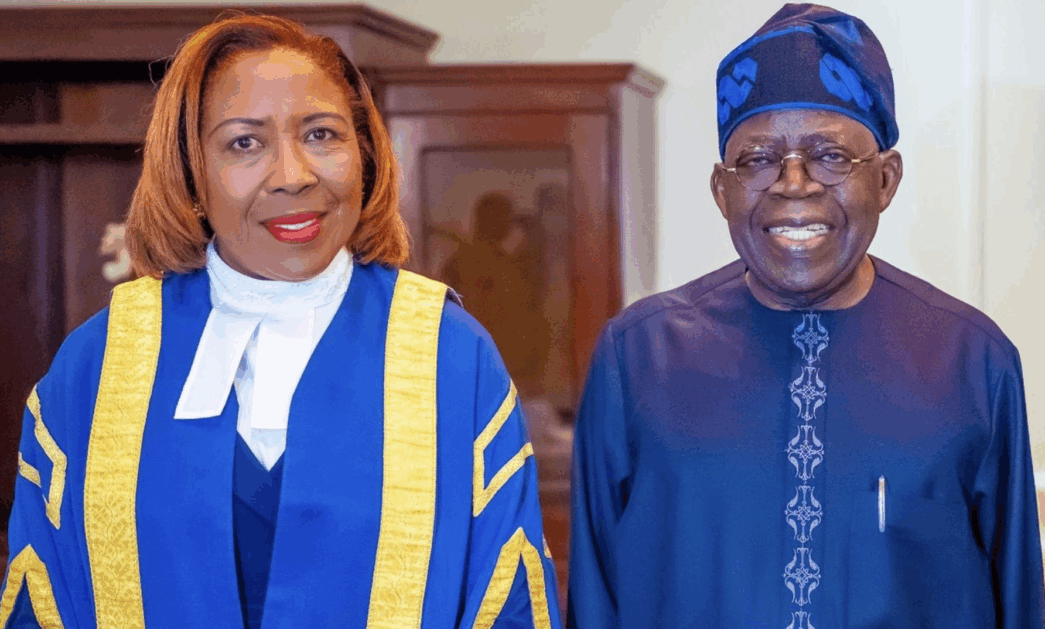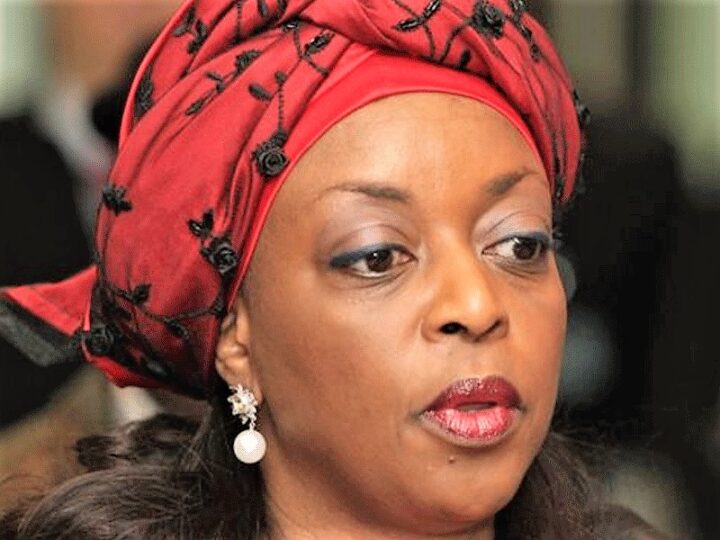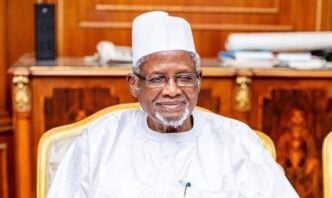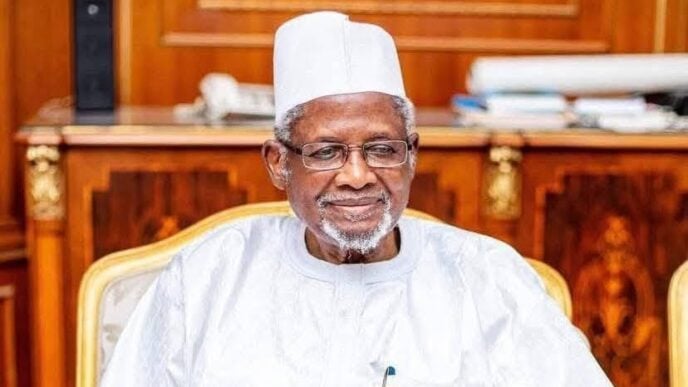Alvina Reynolds, president of the Saint Lucian senate with President Tinubu
Alvina Reynolds, president of the Saint Lucian senate, says historical records show that most of the African slaves brought to the island during the transatlantic slave trade were from Nigeria.
Reynolds referenced a British census conducted in 1815, which documented that of the 16,282 enslaved people in Saint Lucia at the time, 3,488 were born in Africa.
“Of these, 34 percent were from Nigeria, 11 percent from Nigeria-Cameroon, and 22 percent from Congo,” Reynolds said.
“The remaining 12,794 were born in Saint Lucia, with most of their forefathers coming from Senegambia and Nigeria.”
Advertisement
The Saint Lucian senate president spoke on Monday while welcoming President Bola Tinubu to a joint sitting of the country’s bicameral parliament.
Reynolds described Tinubu’s visit as historic and symbolic of a deeper reconnection with ancestral roots.
She said the transatlantic slave trade, which lasted more than 350 years, created unbreakable cultural and spiritual ties between Africa and the Caribbean.
Advertisement
“Your presence today rekindles a mission to reunite us with our homeland and for our people to work together,” she said.
She also paid homage to Sir Darnley Alexander, a Saint Lucian jurist, who moved to Nigeria in 1957 and later became the country’s chief justice from 1975 to 1979.
“This mission, Your Excellency, continues with Catholic priests from Nigeria who have answered the call and come to Saint Lucia to serve, one of whom is our special guest this morning—Father Festus,” Reynolds said.
She noted that Tinubu’s address at the joint session came on World Parliament Day, calling it an opportunity to reflect on the role of lawmakers and their service to the people.
Advertisement
Commending Tinubu’s past efforts in defending democracy in Nigeria, she said, “It is a further honour to have you and the heads of government of the OECS member states observe this day with us.”
Prime Minister Philip J. Pierre said Tinubu’s visit was a moment of “freedom and celebration” and a reminder of the unbroken bond between West Africa and the Caribbean.
“Our people have been separated, but nothing has ever been able to separate us spiritually and culturally from West Africa,” the prime minister said.
He described Saint Lucia as “a small fragment of Africa” with genetic and cultural ties to Nigeria that remain unbroken.
Advertisement
Pierre welcomed the contributions of the Nigerian community in Saint Lucia, especially in healthcare, religion, cuisine, and tourism.
“We warmly welcome every Nigerian hand of support and embrace with gratitude their contributions to Saint Lucia’s cultural, social, and economic development,” he said.
Advertisement
He also highlighted the influence of Nigerian pop culture on Lucian youth, pointing to Afrobeats, Nollywood films, and writers like Chimamanda Ngozi Adichie.
“Today, the young people of Saint Lucia have rediscovered Afrobeats and Nigerian Nollywood films as the new vehicles through which they have reconnected to the African continent,” he said.
Advertisement
Pierre proposed enhanced cooperation with Nigeria in areas such as air travel, tourism, creative industries, renewable energy, fintech, and health.
He said an agreement is being finalised with Nigeria’s ministry of health to facilitate the deployment of medical professionals to Saint Lucia.
Advertisement
“Establishing a direct air link would boost tourism, trade, and cultural exchange between our peoples,” he added.
He concluded by expressing hope that Tinubu’s visit would not be his last, adding that he looked forward to attending the upcoming Africa-CARICOM summit in Ethiopia.
The joint session was attended by several leaders from the Organisation of Eastern Caribbean States (OECS), including the prime ministers of Dominica, Grenada, and Saint Kitts and Nevis, as well as representatives from Antigua and Barbuda, Montserrat, and Saint Martin.
On Saturday, Bayo Onanuga, special adviser on information and strategy to Tinubu, said his president’s visit to Saint Lucia is a historic move to deepen cultural, economic, and diaspora ties between Nigeria and the Caribbean.
In a statement, Onanuga said the visit, which has drawn criticism from some Nigerians, aligns with the nation’s strategic foreign policy goals.
